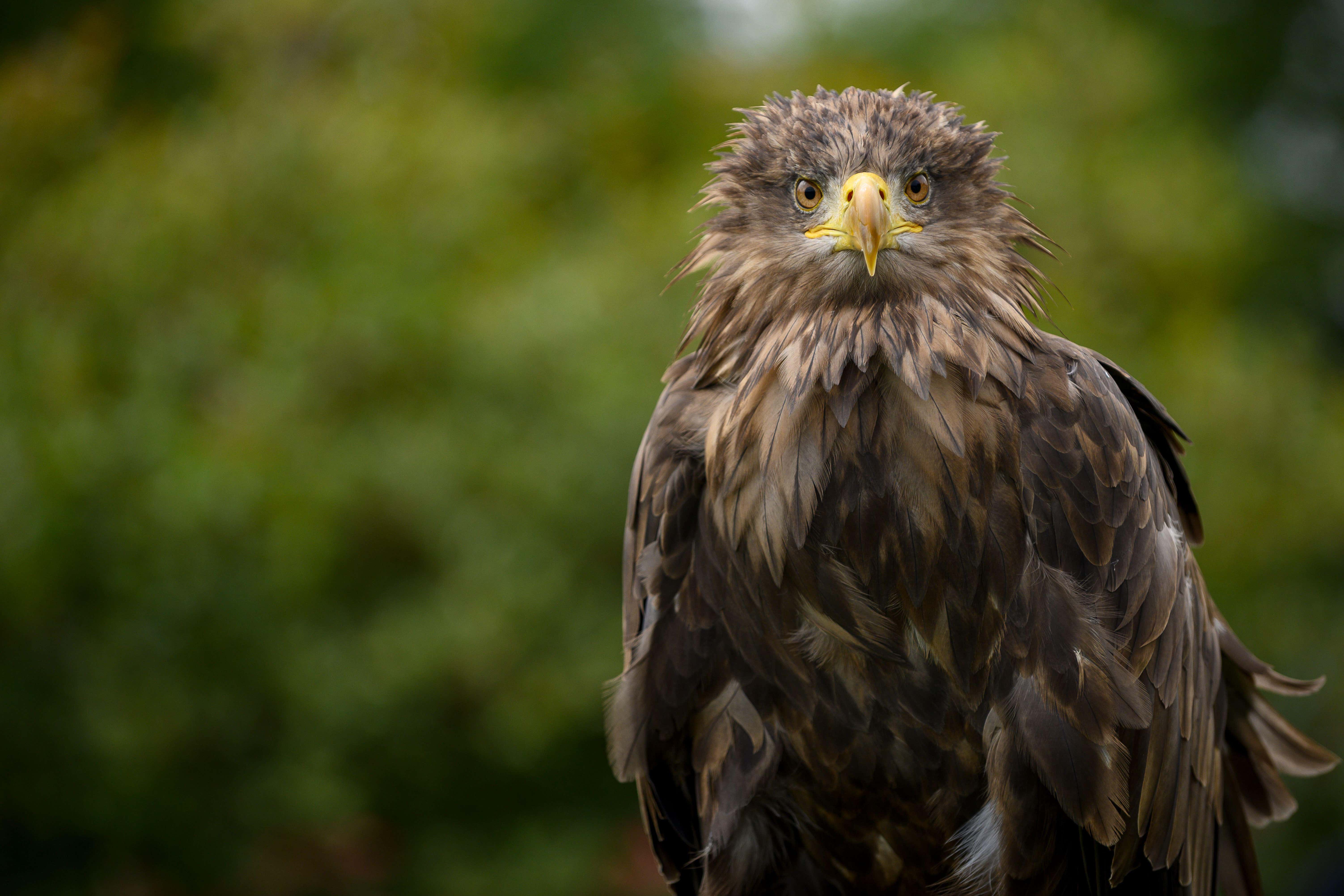System ‘set to fail’ in efforts to tackle wildlife crime, report warns
A charity said the perpetrators of wildlife crime are going unpunished despite high levels of public support for strong action against them.

Your support helps us to tell the story
From reproductive rights to climate change to Big Tech, The Independent is on the ground when the story is developing. Whether it's investigating the financials of Elon Musk's pro-Trump PAC or producing our latest documentary, 'The A Word', which shines a light on the American women fighting for reproductive rights, we know how important it is to parse out the facts from the messaging.
At such a critical moment in US history, we need reporters on the ground. Your donation allows us to keep sending journalists to speak to both sides of the story.
The Independent is trusted by Americans across the entire political spectrum. And unlike many other quality news outlets, we choose not to lock Americans out of our reporting and analysis with paywalls. We believe quality journalism should be available to everyone, paid for by those who can afford it.
Your support makes all the difference.Perpetrators of wildlife crime are going unpunished, despite overwhelming public support for action against them, a charity has warned.
A report from the International Fund for Animal Welfare (IFAW) details the raft of challenges facing efforts to fight criminals who harm wildlife such as badgers, foxes and birds of prey, from issues with gathering evidence to a lack of resources.
It warns that figures suggest just 6% to 14% of reported wildlife crimes in Scotland, the only UK nation to compile annual reports on such activity, result in a decision to prosecute.
This research tells the demoralising tales of enforcers often fighting losing battles against criminals
Analysis by environmental organisations in England and Wales suggests many offences are going unpunished, with a 40% drop in prosecutions in 2022 despite an increase in reported incidents, the report says.
It warned there was a “confusing patchwork” of legislation, a lack of training on wildlife law, inconsistencies in gathering evidence and a lack of resources, which hamper successful prosecutions.
Efforts to prosecute wildlife crime also face issues with inconsistent charging and sentencing, breakdowns in communication between enforcement agencies and even threats to rural communities and expert witnesses which make them unwilling to report criminal activity and give evidence, it said.
A lack of centralised recording of wildlife crime also makes it hard to get a clear view of the situation, according to the report which draws on research from criminology experts at Nottingham Trent University and the University of Gloucestershire, including interviews with those working in the area.
At the same time, there are high levels of public support for action to punish those who kill, torture or traffic wild animals, and for the Government to do more to tackle wildlife crime, polling for IFAW shows.
The survey of more than 2,100 people by YouGov found that nearly two-thirds (64%) thought that killing wild animals illegally should carry a prison sentence while 85% thought those guilty of torturing wild animals should be jailed.
Nearly two-thirds (63%) thought the Government should be doing more to investigate and prosecute those engaging in wildlife crime, and more than nine in 10 (92%) supported ministers setting up a formal reporting system to record wildlife crimes.
IFAW is calling on the Government to make wildlife crime a “notifiable offence”, reported and recorded centrally to make sure that all UK police and prosecutors have access to a central database, to accurately measure the problem and make links about criminal activity.
The charity is also calling for mandatory legal training in wildlife crime, and mandatory sentencing and prosecution guidelines, more guidance on gathering evidence, more collaboration between organisations and raising awareness among the public and law enforcement.
It said the Government should also commit to ringfenced funding, rising with inflation as a minimum, for the National Wildlife Crime Unit (NWCU), the dedicated, expert unit which offers free assistance and training to police forces and partners across the country.
Catherine Bell, IFAW director of international policy, said: “Britain’s wildlife is in trouble.
“This research tells the demoralising tales of enforcers often fighting losing battles against criminals enjoying a lucrative free-for-all to exploit wildlife for greed. It’s a system set to fail.
“Wildlife crime presents low risk – high reward opportunities to organised gangs, who are often linked to drugs, firearms and other violent offences.
“If the new Government wants to signal their commitment to protecting nature, then this is a golden opportunity.”
Dr Angus Nurse, research lead and previously at Nottingham Trent University and now at Anglia Ruskin University, said: “Research consistently shows wildlife crime doesn’t get the priority or the resources it deserves. Instead, we have a system reliant on the diligence and dedication of individual enforcement staff.
“We need better systems in place to provide the necessary support to investigate and prosecute these crimes.”
A Home Office spokesperson said: “Anyone exploiting or deliberately harming British wildlife should face the full force of the law.
“It is for Chief Constables and elected Police and Crime Commissioners to allocate their resources to tackle local priorities.
“However, the Government directly funds the National Wildlife Crime Unit which provides intelligence and support to police forces protecting our precious wildlife.”
Funding for future years would be decided in the forthcoming spending review, officials added.